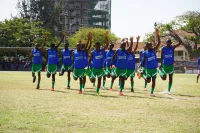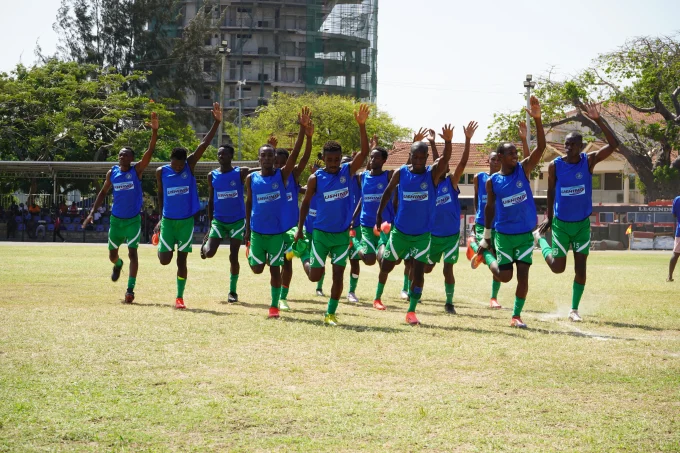An estimated three million Kenyans will have access to improved water and sanitation services when a new programme funded by World Bank is implemented in the next three years.
Thezero-interest credit of $300 million will enable the Kenya government to substantially upgrade the Water and Sanitation Services Improvement Project (WASSIP).
Since its inception in December, WASSIP has contributed to better water supply and sanitation services especially in urban areas which have improved the living standards of the urbanites.
An agreement for the additional finance that will increase the Bank’s investment in WASSIP to $450 million from the original $150 million was signed in Nairobi today by Finance Minister Robinson Njeru Githae, and World Bank’s Country Director for Kenya Johannes Zutt.
“Kenya is one of the most water-scarce countries in the world, with a majority of its citizens unable to access clean water at an affordable price,”
“This situation is particularly hard on the poor, who often do not use water except for the most essential purposes. This in turn results in illness, especially among children, lowering educational achievement and the productivity of working adults,”said Zutt.
The additional credit, which was approved by the Bank’s Board of Executive Directors on May 10,2012, is part of a $425 million new investment in the water sector by the government, Bank, and development agencies, including Agence Française de Développement (AFD)—the French development agency.
The new funding has a $50 million component for drought mitigation activities to ensure that Kenyans, especially the poor and vulnerable, have access to water during recurrent droughts.
This amount, which includes $20 million from the Bank’s Crisis Response Window (CRW), was considered following last year’s drought in the Horn of Africa that affected Kenya and several other countries in the region.
The expanded WASSIP will focus on increasing the access of the population to better water and sanitation services especially in the areas covered by the Athi, Coast and Lake Victoria North water services boards.
These include Nairobi and Mombasa cities, and the fast expanding municipalities, which are experiencing high demand for water, sanitation and other services due to Kenya’s rapid urbanization.
“Delivering water and sanitation services to fast-growing cities such as Nairobi and Mombasa will help to enhance the competitiveness of the cities and ensure that they can serve as engines of growth for the economy,” said Andreas Rohde, Task Team Leader for the Project.
“But more important is the impact that improved services will have on the poor residents of the city, who will receive access to water close to where they live and therefore save time and money for other activities,” he said.
The additional funding will support Kenya’s Vision 2030 and is also in line with the Bank’s Country Partnership Strategy (CPS) Progress Report, which the Board discussed today. The progress report reaffirms the Bank’s commitment to the core pillars of the April 2010 CPS which are unleashing Kenya’s growth potential, reducing inequality and social exclusion besides addressing resource constraints and environmental challenges.
It is aligned with the Bank’s Africa Strategy, which focuses on competitiveness and employment with governance as the foundation.
The credit is provided by the World Bank’s fund for the poorest countries, the International Development Association (IDA), which include a 40-year maturity period on its credits with a grace period of 10 years.
















































![Pula Co-Founders and Co-CEOs, Rose Goslinga & Thomas Njeru. Pula provides agricultural insurance and digital products to help smallholder farmers manage climate risks, improve farming practices and increase their incomes. [ Photo / Courtesy ]](https://businesstoday.co.ke/wp-content/uploads/2021/01/Pula-Co-Founders-and-Co-CEOs-Thomas-Njeru-Rose-Goslinga.jpg)




























































Leave a comment